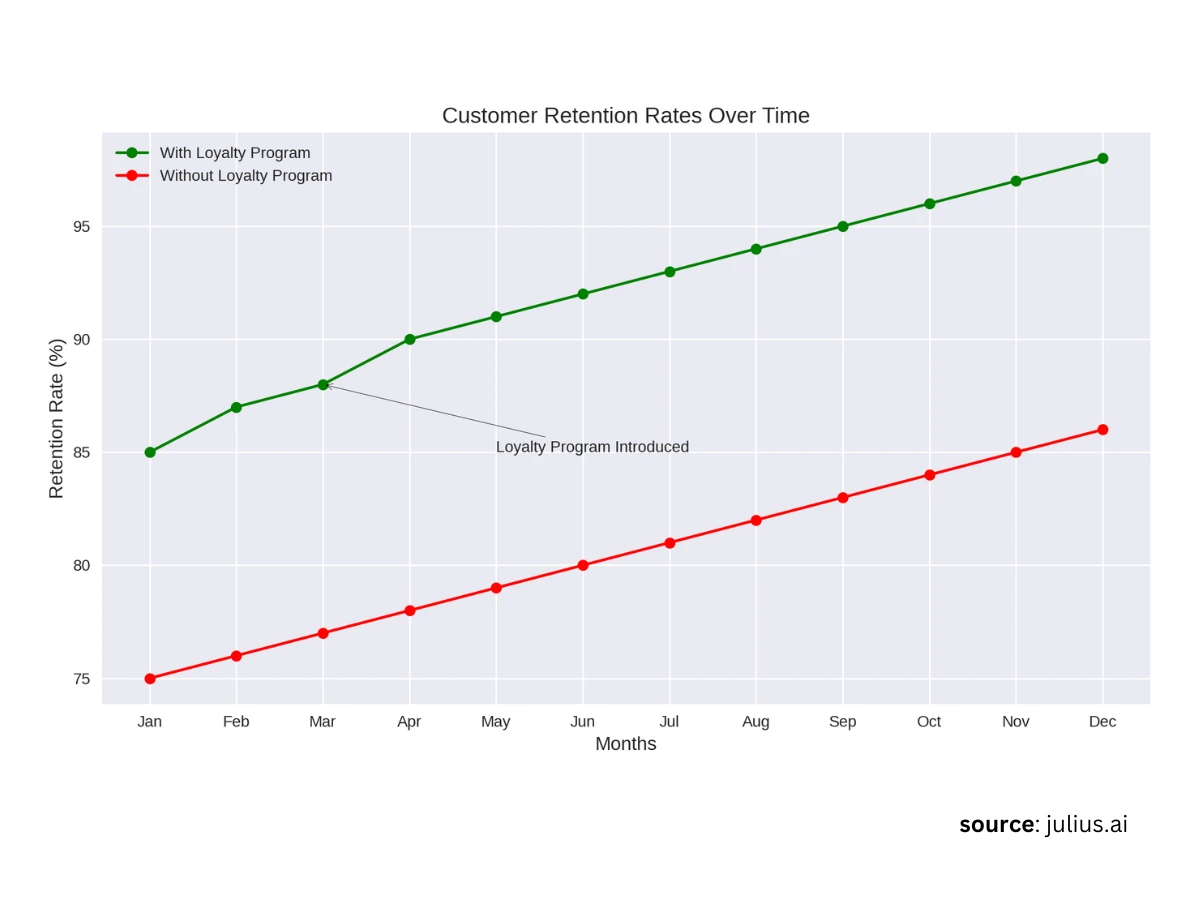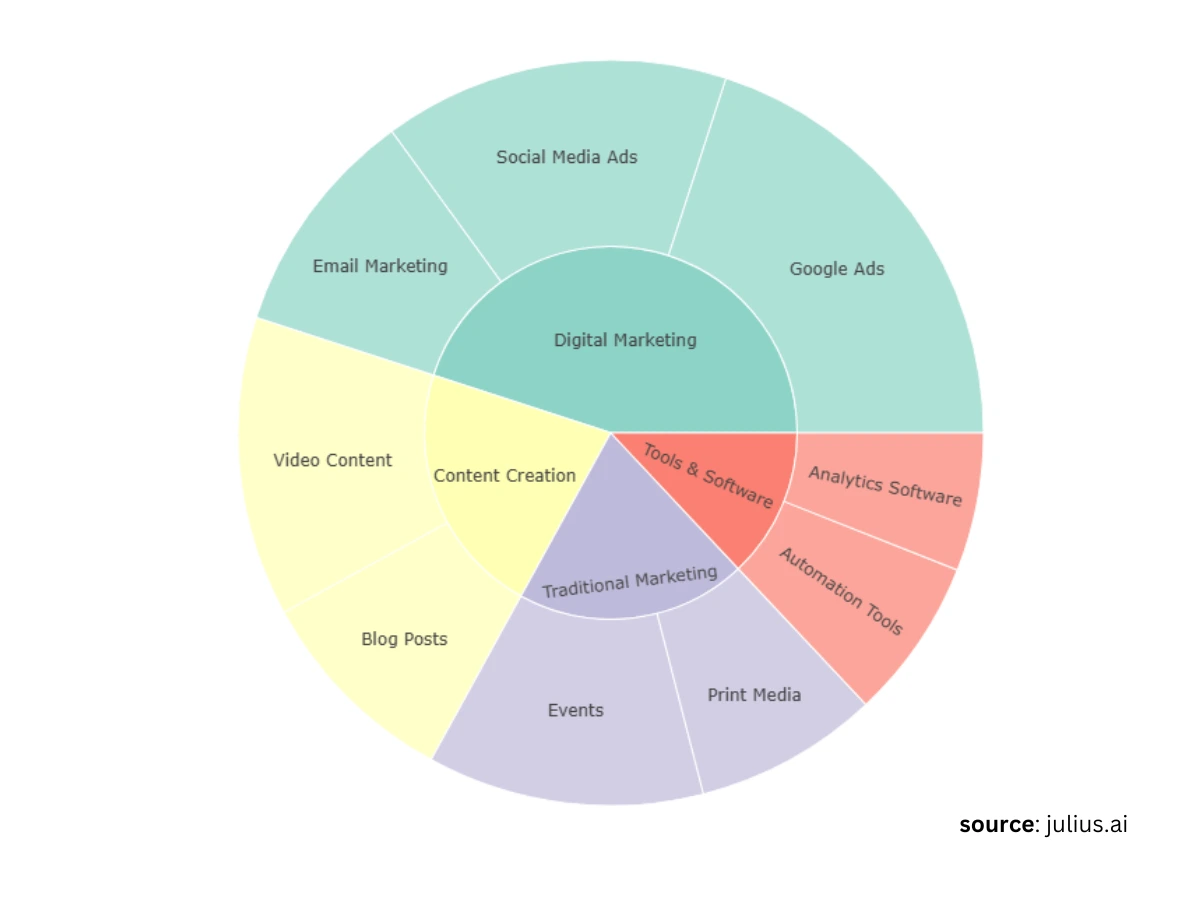What I Found Out About Marketing for Small Businesses

I have had the fortune of working with entrepreneurs across different industries over the years, and each brought unique challenges, aspirations, and, above all, lessons.
This blog isn’t about strategies or tips; it is about lessons picked up over the way, sometimes from mistakes, sometimes from unexpected wins.
If you have ever struggled with finding the definition of your brand, managing a tight marketing budget, or just finding out what your audience really wants, I think this journey will resonate with you.
Inside the world of small business marketing
Now, let me share some of the important lessons that resonated with me and could influence your experience as a small business owner or marketer.
Get to know your audience
One of the valuable lessons in marketing is the better you know your target audience, the better strategies you can produce.
The more targeted messages for your small business become, so it is always a big deal to have messages that connect with people that you really want to get through your messages.

Ask the right questions
Engage with your customers directly in order to determine what they need, what challenges they face, and what matters most to them.
In whatever form–surveys, feedback forms, or informal conversations–the information obtained can be more than useful in determining their preference.
Leverage social media
Social media platforms are rich with information.
Take note of the comments, questions, and what they engage themselves in terms of content.
You can thus establish their interest points and accordingly adjust your marketing strategy.
Monitor trends in behaviour
Analyze what are the products, services or content which are most liked to get most attention.
Understand the trends of which items people like and adapt offerings accordingly so that there’s better matching with people’s expectations.
Why it matters
Taking time to really understand the target audience builds a relationship in addition to improving the marketing.
People like doing business with companies that “understand” them, and it creates an environment of trust and loyalty.
To a small business, understanding its audience is a key difference maker between the competitors and how first-time buyers can be lifelong supporters.
Provide value to your audience
One thing I’ve learned is that people aren’t drawn to businesses that only focus on selling.
They tend to move towards those who genuinely help and provide practical solutions.
For small businesses, building trust and credibility in a competitive market begins with offering meaningful value.
Share helpful tips and advice
Consider how your insights or expertise might help your audience.
Providing tips on common challenges and issues can help your business come across as more approachable and trustworthy.
Educate your customers
By guiding your audience in making better decisions, you build confidence in your brand.
Sharing knowledge of what to look for, how to evaluate options or how to use your product effectively makes you a resource people can trust in the industry.
Use free digital marketing strategies
Blogs and engagements on social media, emailing, and other cost-free approaches can make a major difference without breaking the bank.
These strategies help provide for audiences and content consistently.
If your goal is no longer just selling but rather helping, customers will really appreciate this.
They tend to believe your brand and stick around.
It helps you to create loyal customers as well as a sense of community that every small business owner looks for over time.
Use data to make better decisions
Relying purely on gut instincts when marketing is very dangerous.
Fine-tuning efforts with data enables you to focus on the things that work and keep away from the time and resource wasting strategies.
You don’t need to use complex tools to start. Use simple analytics platforms to track how your campaigns are performing.
Keep track of metrics such as engagement rates, website visits, or conversion rates.
Even the simplest numbers can give valuable insights into what resonates with your audience.
Look for trends in customer behaviour.
Are certain products selling better? Are some types of posts driving more engagement?
Understanding these patterns helps you refine your approach and focus on activities that deliver results.
Marketing is dynamic.
Apply data to the test, whether that is an ad copy tweak, image change, or a tryout on a social media post.
The more you can test and adjust according to real-time feedback, the more effective you will be in your efforts.
Build brand recognition
For small businesses, building brand recognition means becoming unique in the vast ocean of competitors.
It is not about logos or slogans. It is about being memorable to your customers’ minds.
Your messaging, tone and visual identity should be consistent no matter where they find your brand.
The more repeatedly customers see the same, the more likely they become to remember and trust you.
What makes your business unique?
Emphasize your unique value, either in customer service, product or local roots.
Building your brand is about being who you are and doing what you are best at.
The more they come across your brand, the better the chance is of using your service at any time.
Keep reminding people with social media posting frequently, local events, or joint ventures to maintain themselves within their sight.
Focus on keeping customers

While it is great to be able to attract new customers to your business, retaining customers is often cheaper.
Loyal customers bring repeat business while also becoming brand advocates for your business.
Absolutely nothing beats good service regarding customer loyalty.
Be pleasant, and make the customer feel valued.
A happy customer has a higher chance of returning while also referring others to your business.
Keep in touch with your customers. Be it through follow-up emails, social media interactions, or loyalty programs, the connection will help keep your brand at the forefront of their minds.
Give perks such as discounts, early access to new products, or exclusive deals to loyal customers.
These small gestures go a long way in making them feel appreciated and encouraging long-term relationships.
Marketing without a full team
Not every small business can afford a dedicated marketing team, but that does not necessarily mean effective marketing is off-limits.
You do not have to do everything. Choose a few key channels or tactics that will support your audience and your objectives.
It is far better to be great at a few things than to be barely adequate at many.
Use tools to automate repetitive tasks like email marketing, social media posting, or customer follow-ups.
Automation saves you time and allows you to concentrate on creative, high-impact work.
Consider partnering with other businesses or hiring freelancers for specialised work.
For example, you can hire a graphic designer to help you with branding and let you focus on customer interaction.
Stretching your marketing budget

There is quite a lot you can do with a tight budget on marketing, working with one will definitely take some effort.
One of the most valuable lessons learned was how small businesses can capitalize on zero-cost marketing. This includes SEO, content marketing, and engagement with social media.
Thanks to social media and email marketing, you can easily reach and target specific audiences at lower costs.
Make great content that attracts customers organically without paid ads. Blogs, tutorials, and other interesting social media posts can help attract visitors for free while creating trust.
Think creatively with existing resources.
One blog post can be converted into multiple social media posts, an email newsletter, or even a short video. Repurposing ensures maximum impact at minimal cost.
Always measure return on investment.
Keep track of what works and shift your funds toward activities that bring in the most value.
Small moves add up over time.
Conclusion: what marketing has taught me
One of the biggest lessons learned has been about simplicity: simple communication, real connection, and easy solutions always win much more than complicated approaches.
Authenticity is very effective for a customer.
The brands that keep such people’s interests at the core continue to enjoy loyalty and trust.
If there’s one piece of advice I would give to every small business owner, it’s this: Marketing’s not about perfection; marketing is about steady progress, small steps, consistency in learning, and every single little effort you put together will build over time so that those small steps create huge results.
Disclaimer: The information contained in this blog, The Growth File, is intended for general informational purposes only and does not constitute professional advice. Always consult with a qualified professional before making any business decisions based on the information you find on this blog.
What’s New?
-
18 Distribution Business Ideas in India for New Founders
Business Ideas -
Benefits of Research in Business Every Founder Needs
Growth -
Importance of Marketing for Local Businesses in India
Marketing -
13 Bicycle Business Ideas for Small and Mid-Scale Units
Business Ideas -
13 Plastic Business Ideas to Start from Your Small Plant
Business Ideas
